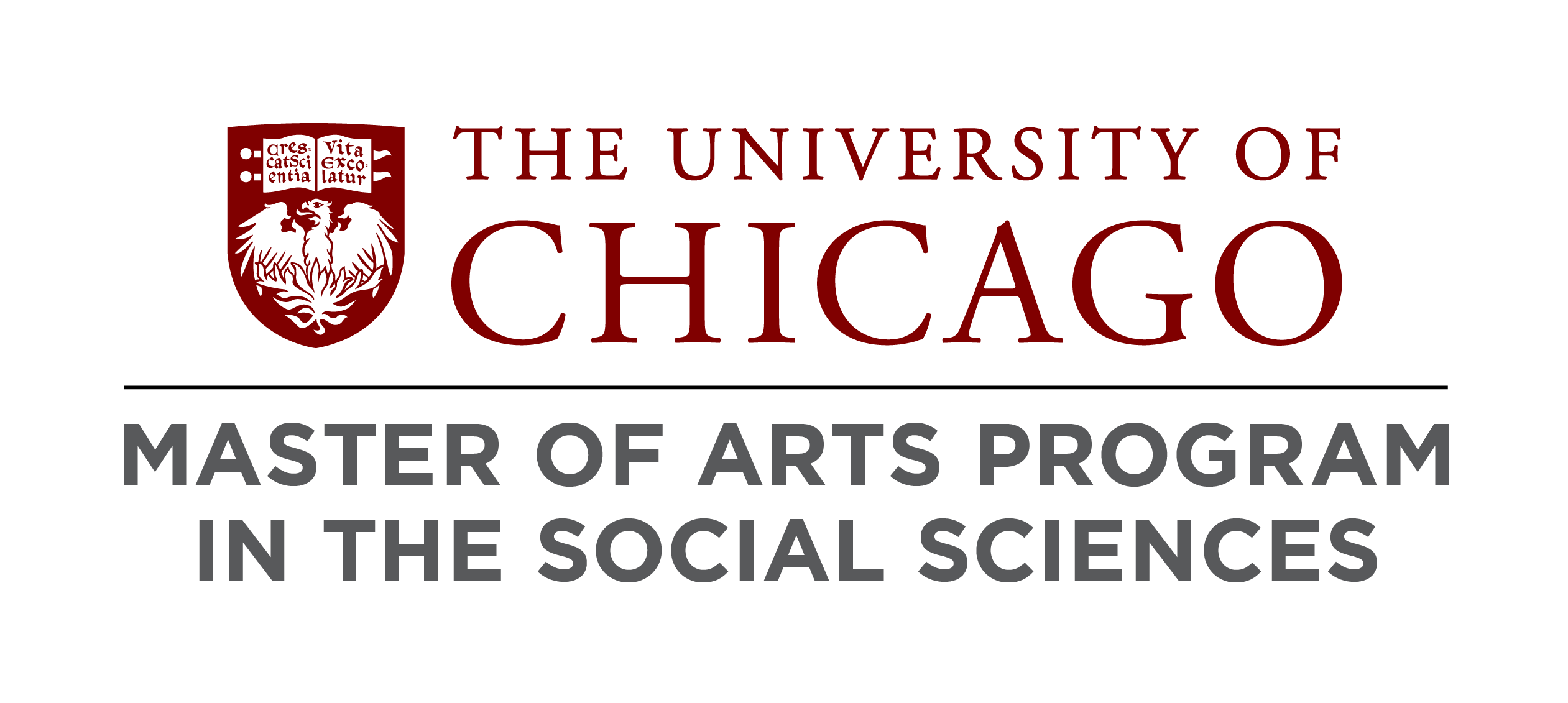
Schedule office hours here.
Mary Elena (Ella) Wilhoit (she/her) is an Associate Instructional Professor of Anthropology in MAPSS. She holds a PhD and MA in Anthropology and Latin American and Caribbean Studies from Northwestern University and a BA in Anthropology and Spanish from Vanderbilt University.
Uniting environmental anthropology, political and economic anthropology, and studies of gender, sexuality, and kinship, Professor Wilhoit's research examines gendered navigations of rural labor and status. Her first book manuscript examines gendered and racialized displacement and ecological violence in the Andes. Drawing on over a decade of ethnographic research in the Ayacucho region of Peru, her work explores how rural women’s acquisition of economic mobility accompanies shifting beliefs about sexuality and marriage and facilitates the restructuring of income strategies, household configuration, and kinship networks. Her work re-examines what might be thought of as the 'invisible,' gendered labors--productive, reproductive, and environmental--encouraged by (I)NGO projects and transnational trade policy among other influences.
Her second project brings interests in displacement, political division, ecological devastation and gendered struggles for economic stability to the Southeast US. Her research in development examines the experiences and motivations of small-scale farmers in the southeast, focusing particularly on 21st century experiences of tenancy, the diversity of rural political consciousness, and more-than-human webs of interdependence in agricultural communities.
Professor Wilhoit's work has been published in the Anthropology of Work Review, the Journal of Latin American and Caribbean Studies, the International Journal of Women’s Studies, and ReVista: the Harvard Review of Latin America among other venues.
Courses she teaches include:
- Ethnographic Research Methods
- Gender, Sex, and Culture
- More than Human Ethnography
- Sarah Baartman through $chitt’s Creek: an Introduction to Gender and Popular Culture
- Sex in the Ethnographic Tradition
 THE UNIVERSITY OF CHICAGO
THE UNIVERSITY OF CHICAGO

